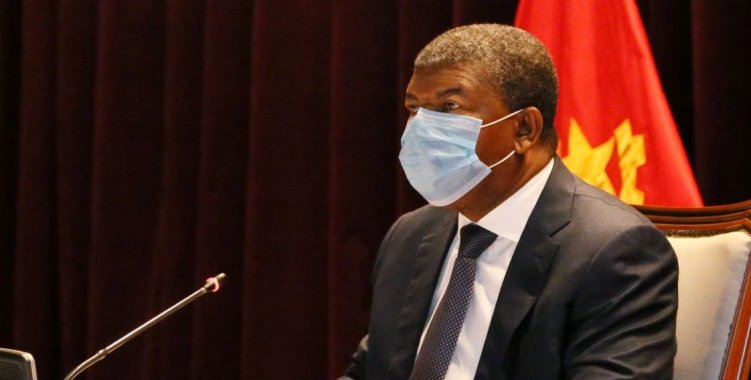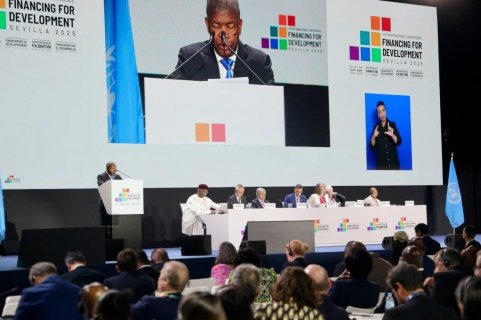The value, which results from the patrimonial investigation processes underway in the National Asset Recovery Service of the Attorney General's Office, was revealed by João Lourenço in an interview granted, by email, to the North American daily Wall Sreet Journal, and whose first part was published on Sunday, also deserving a statement from the Presidency of the Republic.
In the same interview, João Lourenço specifies that, of the approximately 24 billion dollars, 13.5 billion were taken illegally, through fraudulent contracts with Sonangol, 5 billion through Sodiam and Endiama, diamond companies, and the the remaining 5 billion have been withdrawn through other sectors and public companies.
To date, the value of movable and immovable property seized or seized in Angola, such as factories, supermarkets, buildings, residential properties, hotels, shareholdings in financial institutions and in several profitable companies, electricity material and other assets has already reached 4 billion dollars the President announced.
João Lourenço also said that the National Asset Recovery Service of the PGR asked its counterparts abroad to seize or seize assets and money, in the amount of approximately 5.4 billion dollars, namely in Switzerland, the Netherlands, Portugal, Luxembourg, Cyprus, Monaco and the United Kingdom, "a list that tends to extend," he said.
In cash, the amount recovered by the State so far has been around 2.7 billion dollars and around 2.1 billion dollars has been recovered in real estate, factories, port terminals, TV and Radio stations, in Angola , Portugal and Brazil.
In this interview, the President also confirms the assistance of the Treasury of the United States of America in improving governance measures and also in combating money laundering.
When asked by journalist Benoit Faucon about whether the United States Treasury helped Angola to improve these measures, João Lourenço replied: "Yes. The US Treasury conducted a concrete assessment of our systems, laws, rules and regulations in relation to combating money laundering. capital, as well as its extent of implementation ".
In addition, "the United States Treasury participates in the component of education and training of Angolan professionals in the area of public management, through a technical assistance program to the Ministry of Finance on budget management and transparency", added the President.
João Lourenço also confirmed that his Government intends to privatize part of the capital of the oil company Sonangol, through an initial public offering, as announced in January.
"Angola said in January that it planned the initial public offering of 30 percent of Sonangol by 2022. Were those plans postponed by covid-19?", Asked the journalist, to which the President replied that "the premises of Sonangol's restructuring program have not been changed. It is in its final phase of implementation and one of its objectives is to prepare the company for the Initial Public Offering of up to 30 percent ".
Also according to the statements of the President in this interview, Sonangol may be quoted in New York, London and even in China.
"Sonangol is expected to be listed on international stock exchanges such as the ones it mentioned, right after its restructuring," said João Lourenço in response to a question from the newspaper that mentioned those markets as possible destinations for the company.
In the interview, the impacts of the pandemic were also addressed, with the Wall Street Journal questioning whether domestic and international constraints have hindered Angola's efforts to diversify its economy, hitherto dependent on oil.
João Lourenço said yes and said that "the fact that covid-19 imposed a 50 percent reduction in the presence of workers in factories, limited the mobility of people and goods between different parts of the country for a period of more than half a year , had a negative impact on the diversification of the economy, as it happened with most countries".







